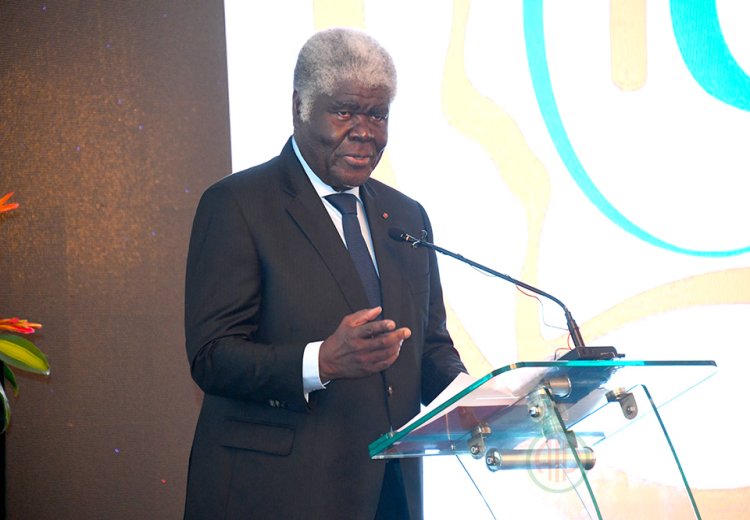Ivory Coast adopts standardized electronic invoicing to strengthen tax mobilization
As part of the implementation of its national strategy for mobilizing tax and customs revenues for the period 2024-2028, Côte d'Ivoire officially launched the Electronic Standardized Invoice (ESI) system on Monday, July 21, 2025. This structural reform, led by the General Directorate of Taxes, aims to enhance the effectiveness of the tax administration, combat fraud, and broaden the tax base, in a context characterized by structurally low tax pressure.
With a tax pressure rate estimated at 15.1% of GDP in 2025 and a target of 15.8% in 2026, the country remains below the 20% threshold set by the UEMOA Commission. The deployment of the ESI is thus part of a clear commitment to modernizing the revenue collection chain, particularly through the digitization of economic transactions and the automation of the VAT declaration process. Its entry into force is scheduled for September 1, 2025, according to the tax regime applicable to each taxpayer.
On this occasion, Prime Minister Mr. Robert Beugré Mambé emphasized that the ESI strengthens the arsenal of tools to combat fraudulent tax behaviors while promoting greater transparency, reducing administrative burdens, and enhancing the competitiveness of businesses. According to him, a tax system perceived as unfair, where some actors evade their obligations while others fully comply, undermines the legitimacy of taxes and the state's ability to finance essential public services. The complete digitization of the tax chain aims to ensure fair treatment and increased compliance among taxpayers.
Beyond the ESI, the 2024-2028 tax strategy includes several major reforms, including the revision of corporate tax, improving the yield of property tax, and reducing the VAT compliance gap. These efforts, praised by technical and financial partners, have already yielded significant results. For instance, the revenues mobilized in the first quarter of 2025 amounted to 3,707 billion CFA francs, compared to a forecast of 3,200.7 billion CFA francs, representing an achievement rate of 115.8%.
However, the involvement of the private sector, taxpayer awareness, and support from tax services remain essential conditions to ensure the effective ownership and sustainable success of this reform. The Government therefore invites businesses to become active ambassadors of this new dynamic, based on transparency, equity, and tax performance.
Source: Agence ecofin, MEPD Web Portal Editorial Team




